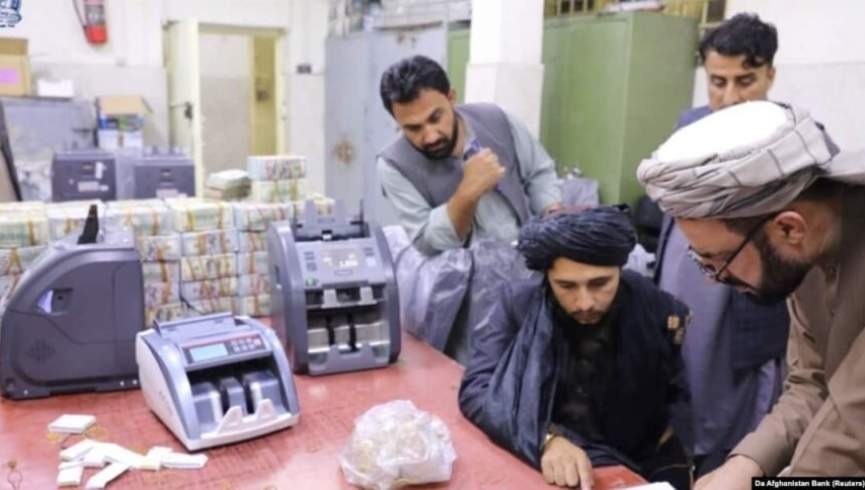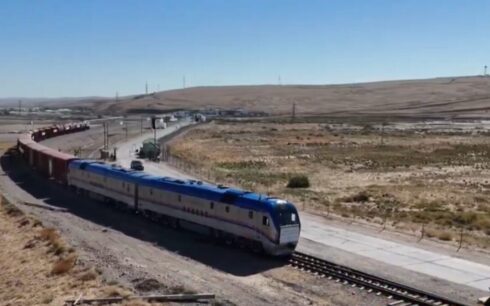KABUL, Afghanistan — Public employees say they have yet to receive their salaries for the past two months, despite assurances from the Taliban that payments would be made.
Three public employees from separate agencies confirmed to Amu on Thursday that wages for the Afghan months of Qaws and Jadi—corresponding to November through January—have not been paid, leaving them struggling to make ends meet.
“Our economic situation is getting worse,” one employee said.
Zabihullah Mujahid, the Taliban’s spokesman, told Amu on Thursday that salaries would be distributed by Dalwa 20, Feb. 9 (next Saturday). However, skepticism remains high among workers who have seen repeated delays.
“For two months, we haven’t received our salaries,” another public employee told Amu, speaking on condition of anonymity. “Unfortunately, the Ministry of Finance has changed its policies. We are in a dire economic situation, and none of the current institutions seem to care.”
Across Kabul, concerns about the economy continue to mount, with residents pointing to rising food prices and high unemployment.
“When the dollar goes up, food prices go up,” said Karim, a Kabul resident. “But when the dollar drops, prices stay the same. People are struggling. Prices have soared, and instability and joblessness are at their peak.”
Mujahid said Afghanistan’s public workforce numbers 1.04 million employees.
The Taliban have consistently claimed they can fund public sector salaries through domestic revenue sources. However, economic analysts warn that Afghanistan’s financial situation has become increasingly precarious since the United States and other Western nations cut aid following the Taliban’s return to power in 2021.
“If funds had not been mismanaged, even $15 billion would have been enough to cover salaries for millions,” said Seyyed Masoud, an Afghan economist. “I don’t think this is just about the cutoff of foreign aid—mismanagement has also played a role.”
The financial strain comes as the Taliban remain internationally isolated, with Western governments withholding formal recognition and restricting access to Afghan assets.
Meanwhile, uncertainty persists over U.S. foreign policy. Trump, after returning to the White House, halted U.S. foreign aid for at least three months.





